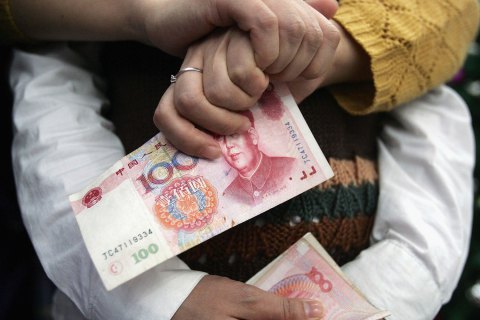A recent study by Pennsylvania State and the University of Texas has looked at the varying levels of generosity exhibited by people around the world, and has found that, although some countries are much more generous than others, the issue is more complex than some might think.
The report, “Accepting Inequality Deters Responsibility: How Power Distance Decreases Charitable Behavior,” was completed by Pennsylvania State Smeal College of Business’ Karen Winterich, assistant professor of marketing, and Yinlong Zhang of the University of Texas-San Antonio, and will be published in the Journal of Consumer Research’s August edition.
“Our research examines whether cultural values can explain the different levels of charitable giving between different countries,” the authors stated. “Could power distance, which is the extent that inequality is expected and accepted, explain why some countries and consumers are more likely to engage in prosocial behavior, including donations of both money and time?”
The researchers looked at prosocial behaviors such as giving money, volunteering time and helping strangers, and found that some countries are much more generous than others. Across the world, 28 percent of people donate money, but in China, Greece and Russia, for example, only 10 percent or less do. In Australia, Ireland and Canada, over 60 percent donate money. Ten percent of Indians, Bulgarians and Singaporeans volunteer their time, while over 40 percent of Canadians, Americans and Liberians do.
The researcher found, however, that one notable factor had a marked influence on generosity in the least generous nations. The less generous nations were willing to aid victims of natural disasters and other circumstances deemed out of the personal control of the needy, but were not willing to help those people they considered to be “at fault” for their situation, such as the obese and sedentary.
The most generous nations were more willing to help all because, the researchers said, culturally they were less accepting or expectant of inequality in wealth and power.
“In a high power distance society, inequality is seen as the basis of societal order,” wrote the authors. “Uncontrollable need increases feelings of responsibility to offer aid among those who otherwise would not feel responsible to offer aid for a need that is controllable and may simply be part of the accepted inequality in society.”
By Day Blakely Donaldson
